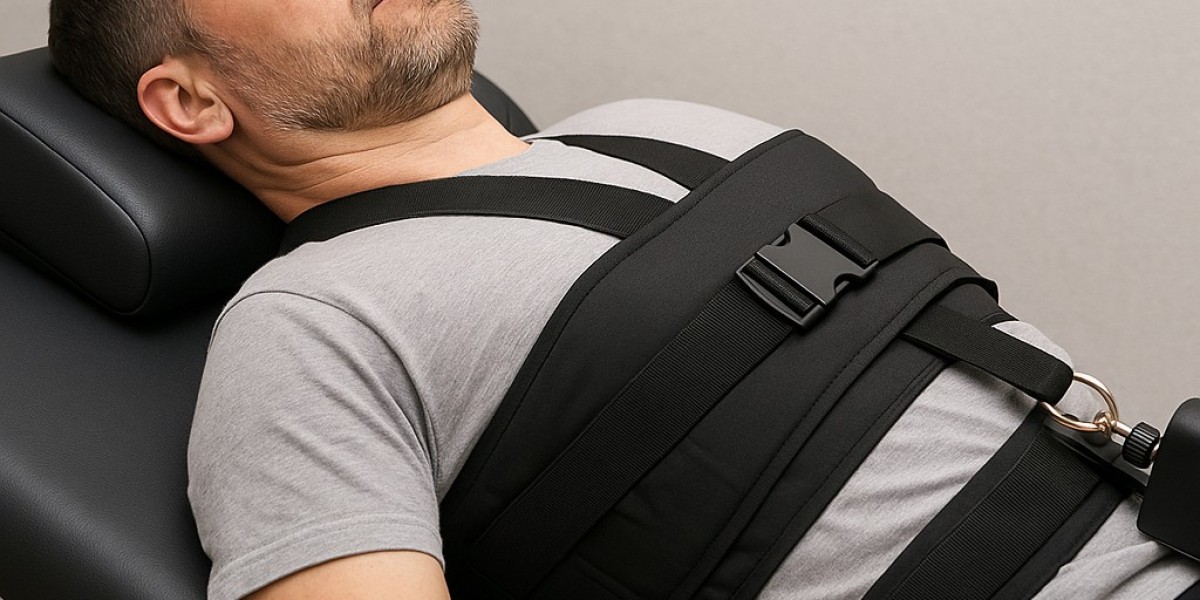Pregnancy is a transformative time in a woman's life, often accompanied by physical challenges and discomfort. As the body adapts to nurture a growing baby, it’s common to experience muscle tension, back pain, joint stress, and overall fatigue. In recent years, many expectant mothers have turned to prenatal massage as a natural, non-invasive solution to manage these issues. When integrated into a physiotherapy clinic, this therapy becomes even more effective, offering holistic care that supports both maternal health and overall well-being.
Understanding Prenatal Massage in Clinical Settings
Prenatal massage, unlike general massage, is tailored specifically for the unique needs of pregnant individuals. It involves targeted techniques to alleviate physical discomfort while promoting relaxation and stress relief. Within a physiotherapy clinic , the practice is guided by medical knowledge and patient-centered care, ensuring each session aligns with the individual's trimester, health status, and specific needs.
Why Prenatal Massage Is More Than Just Relaxation
Prenatal massage offers much more than just a moment of calm. When delivered by trained professionals within a physiotherapy clinic, it serves as a therapeutic intervention. Pregnancy often shifts posture, placing strain on the spine, hips, and legs. Prenatal massage targets these areas to release muscular tension, reduce inflammation, and improve circulation.
Moreover, massage therapy can alleviate common pregnancy issues like sciatic nerve pain, swelling in the lower limbs, and tension headaches. Integrating massage into physiotherapy also helps support joint mobility and balance — areas often affected during the second and third trimesters.
The Physiotherapy Clinic Advantage
What distinguishes a physiotherapy clinic from a traditional spa or wellness center is its evidence-based approach. Here, prenatal massage isn’t treated as a standalone service but as part of a broader care plan that may include exercise therapy, manual adjustments, pelvic floor rehabilitation, and education.
The interdisciplinary team at a clinic may consist of physiotherapists, massage therapists, and other healthcare professionals who collaborate to ensure a safe and customized treatment path for each expectant mother. This coordination is especially critical for those experiencing high-risk pregnancies or musculoskeletal issues prior to pregnancy.
Safety and Specialization Matter
Not all massage therapists are trained in prenatal care. The advantage of choosing a physiotherapy clinic for prenatal massage lies in their deep understanding of pregnancy anatomy and contraindications. For example, during pregnancy, certain pressure points on the body should be avoided, and positioning must be carefully adjusted to avoid strain on the uterus or compromised blood flow.
Within the clinic, specialized equipment such as pregnancy support cushions and adjustable tables ensure that comfort and safety are always prioritized. Additionally, therapists closely monitor the patient’s progress and make necessary modifications as pregnancy advances.
Emotional Benefits and Stress Reduction
Beyond physical relief, prenatal massage plays a significant role in emotional well-being. Pregnancy can be emotionally taxing, with hormonal changes contributing to mood swings, anxiety, and sleep disturbances. Therapeutic massage in a physiotherapy clinic environment offers a calming space for expectant mothers to unwind and reconnect with their bodies.
This nurturing touch stimulates the release of endorphins and serotonin, helping improve sleep quality and reducing anxiety levels. The consistency of care in a clinical setting also fosters trust, creating a safe and empowering environment for expectant mothers.
Postnatal Continuity of Care
One of the advantages of receiving prenatal care in a physiotherapy clinic is the seamless transition into postnatal support. After childbirth, many women experience pelvic misalignment, muscle weakness, or postpartum pain. Having already established care with a clinic that understands their body and history allows for smooth postnatal recovery planning, including continued massage, rehabilitation exercises, and pelvic floor therapy.
Conclusion
Prenatal massage is far more than a luxury — it’s an essential part of pregnancy wellness that, when integrated into a physiotherapy clinic, becomes a powerful tool for physical, emotional, and maternal support. With expert guidance, personalized care, and clinical oversight, expectant mothers can enjoy a more comfortable, empowered pregnancy journey while preparing for a healthier postpartum experience.






